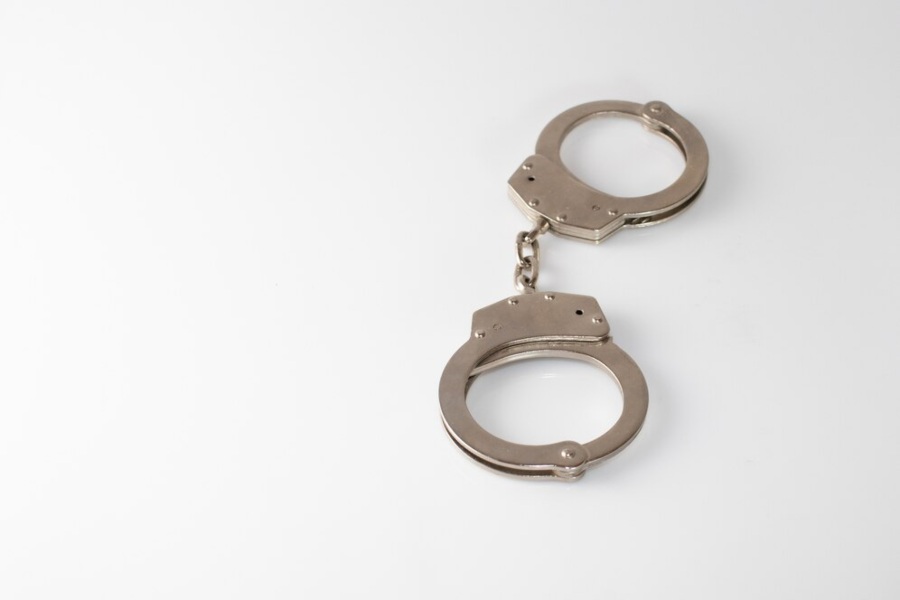Most of us only know what happens after an arrest thanks to courtroom dramas and cop shows. Cue the Miranda rights, the slamming of a jail cell, and maybe a dramatic declaration of innocence before the commercial break. But real life? It’s a different kind of drama—less theatrical, more procedural, and way more important to understand if you or someone you care about is facing this situation, especially when considering contacting a criminal defense lawyer Indianapolis. So, pull back the curtain and step behind the scenes as we break down what happens after those flashing red and blue lights fade and reality sets in.
The Immediate Aftermath: Booking Isn’t Just for Hotels
Once someone is arrested, they don’t go straight to a courtroom with a dashing attorney and a mic-drop moment. First stop? Booking. This administrative process includes taking fingerprints, mugshots, collecting personal information, and possibly a lovely orange jumpsuit fitting. Depending on the severity of the alleged offense and the jurisdiction, this can happen at a local police station or a county jail.
Yes, it’s unglamorous. Yes, it can be slow. And no, they don’t let you call your lawyer with your iPhone—one phone call may be a right, but don’t expect five bars and Face ID.
First Appearance: The Quick but Crucial “Hello” to the Court
Within 24 to 48 hours of an arrest (depending on state laws), the arrested person, now referred to as the defendant, makes their first court appearance. Think of this as a meet-and-greet with less champagne and more legal implications.
At this initial appearance, the judge informs the defendant of the charges filed against them, ensures they understand their rights, and determines if they need a court-appointed attorney. This is also when the question of bail comes into play—a word that can mean freedom, frustration, or financial acrobatics.
Bail Hearings: Where Freedom Hangs in the Balance
Bail isn’t a punishment—it’s a way to ensure the defendant returns for future court dates. At a bail hearing, the judge decides whether to grant bail, deny it, or set conditions for release.
How does a judge decide? Picture a legal balancing act: They consider the severity of the crime, the defendant’s criminal history (if any), ties to the community, and risk of flight. You’re not wrong if you think this sounds like a math problem mixed with a trust exercise.
Some defendants are released on own recognizance (O.R.), meaning, “We trust you to come back.” Others may have to pay cash bail or use a bail bond company to cover the amount. In more serious cases, they may stay in custody until trial.
The Role of Legal Representation: MVP in the Legal Arena
If you ever find yourself (or someone you love) in this legal labyrinth, having a competent criminal defense attorney isn’t just helpful—it’s essential. From the moment of arrest onward, a lawyer serves as your guide, legalese translator, and front-line defender.
They’ll advocate at the bail hearing, gather evidence, prepare a defense strategy, and—if needed—negotiate plea deals. And let’s not forget: they can stop you from saying things like, “It was just a misunderstanding involving a llama,” on the record.
Can’t afford one? The court can appoint a public defender—a real-life superhero in sensible shoes who knows the system inside and out. Remember that public defenders often juggle heavy caseloads, so communication and preparation are key.
Pre-Trial: Hurry Up and Wait
After bail is set (or denied), the legal process often moves at the pace of a sloth on decaf. We’re talking weeks or months before a trial. During this pre-trial phase, both sides exchange evidence in a process called discovery, and the defense may file motions to suppress evidence or dismiss the case altogether.
This is also the window where plea bargains come into play. These can reduce charges or sentencing in exchange for a guilty plea, and they’re surprisingly common—over 90% of criminal cases are resolved this way. Justice system or negotiation boot camp? Sometimes, it’s both.
The Reality Behind the Headlines
It’s easy to get caught up in the drama of an arrest. But what comes next is usually far more procedural and far less visible. It’s a world of paperwork, court calendars, and strategy sessions. And every step—no matter how small—has real consequences for the defendant’s future.
Whether it’s understanding bail options or the critical role of legal counsel, especially when seeking guidance from a criminal defense lawyer Indianapolis, knowing what happens after an arrest empowers you to navigate the system with a little more confidence and much less confusion.
Final Thoughts: Know Your Rights, Know the Process
So there you have it—a behind-the-scenes look at what really happens after an arrest. It’s not all high-speed chases and surprise witnesses. It’s a process that blends law, logistics, and a lot of waiting. But understanding it? That’s your first step in taking back a bit of control in a situation that often feels like it’s spinning out of control. Whether you’re supporting a loved one or facing charges, remember: knowledge is power, and your best defense starts with being informed.


